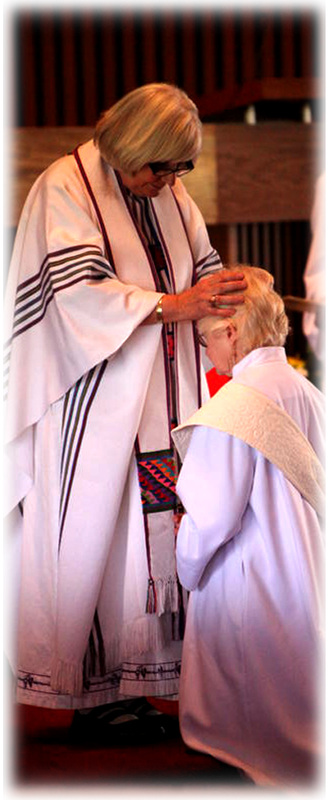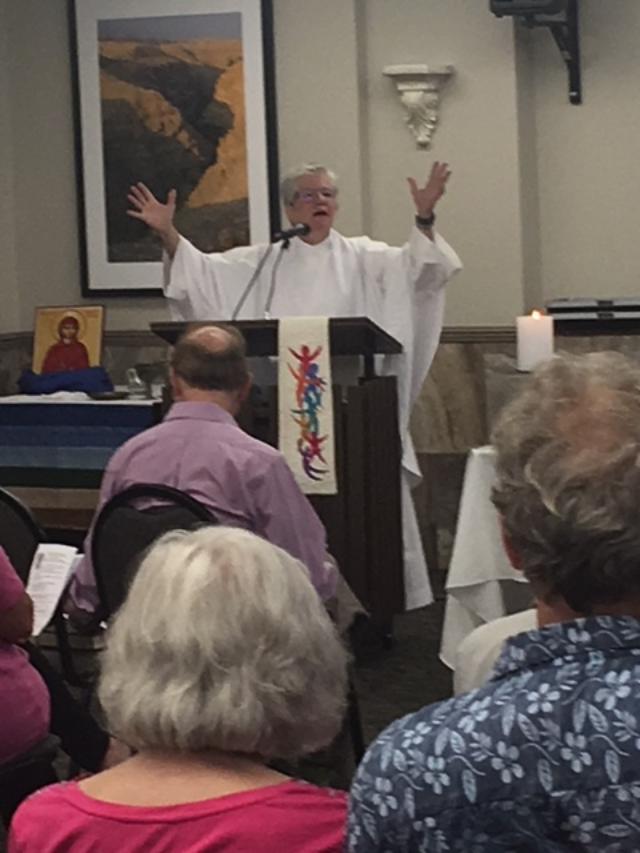5th Sunday in Ordinary Time, February 4, 2024
Helen Weber-McReynolds
Job 5:9-11,16,18,27; Ps. 147; 1 Cor 9:1-6; Mark 1:29-31
Over the course of forty-two years working as a physician assistant, I have done a lot of thinking about the process of healing. Mostly I have thought about what a blessing it is to be involved in such a holy process, because, in the final analysis, it is God who is the ultimate healer. We who participate in the art and science of medicine can make a diagnosis and prescribe a therapy, but we know that God does the actual healing. Humans can’t actually make tissues heal or force the immune system to kill an infection. God controls those processes.
On the other hand, there are many ways I think God calls us to heal one another. For example, when we have conflicts in relationships, we have a responsibility to talk to one another and work those conflicts out. We also have a responsibility, I think, to participate in increasing scientific knowledge, if we can, or at least to use the knowledge we have. We are even called to heal ourselves, I think, by using what we know about diet and exercise and proper rest, for another example.
Our Gospel today is short but can teach us a lot about God’s healing. The verses from Mark’s gospel that we read today follow directly the ones we read last week. That gospel reading said that Jesus went to the synagogue on the Sabbath and taught (“with new authority.”) Today’s gospel described what happened later on that same Sabbath. It told us that after being at the synagogue, Jesus went to Simon and Andrew’s house. There Jesus found that Simon’s mother-in-law (Mark does not tell us her name) was ill with some kind of fever. Jesus went directly to her. He took her hand, and helped to raise her up from her bed. We are told “then the fever left her, and she began to serve, to deacon, to them.” In other words, Simon’s mother-in-law was restored to active participation in her community. Jesus helped her get beyond the isolation and indignity of illness, and back to the freedom to serve the people around her, to what she felt called by God to do.
In other stories of Jesus healing people in the gospels, we can see this restoration to the community is a common thread. Scientific understanding of disease was primitive in Jesus’ time, and it was often attributed to sin. So sick people tended be isolated from the community, and even disallowed from religious inclusion. Jesus’ healing may not have necessarily included biological cure, but we know from these stories that they definitely included social and collective healing of illness. In many of them, Jesus even called the community to participate in the social restoration of the healed person. For example, he asked the people around Lazarus to unbind him from the funeral cloths after he was raised. When he cured a person with leprosy, he told the person to go and show and show evidence of the healing to the priest, in other words, to ask for re-entry to the religious community. When he cured Jairus’ daughter, he told them to feed her, to help her get back to the family circle around the dinner table. We can think of the woman with the hemorrhage as taking responsibility for returning herself to the community, by seeking to touch Jesus’ clothing, to end the isolation the religious impurity laws had imposed on her.
So for Jesus, restoration to love and inclusion in the community, and the ability to serve within the community, seems to have been integral to healing. It seems he, like Job, sought to reverse the idea that illness and accident were due to sin and therefore sick and injured people should be excluded. Not in the Job passage we read today, but in chapter 7, verse 1, Job asked, “Is not human life on earth a drudgery?” In other words, he recognized suffering as part of the human condition, and not necessarily a punishment from God. So the priority for Jesus, and Job, was not to blame people for their sins, but to bring them back to love and service.
This should be our priority, as well, I think: to do what we can to help heal the inability of people to be included in participation and service in their communities. This might mean healing from racism, or from addiction, or from poverty, or from exclusion due to gender or sexuality, or immigration status. It seems we have a lot of reasons for excluding people these days. What can we do to help break down maybe one of these barriers to inclusion, even in a small way? I think that is what God is calling us to today.
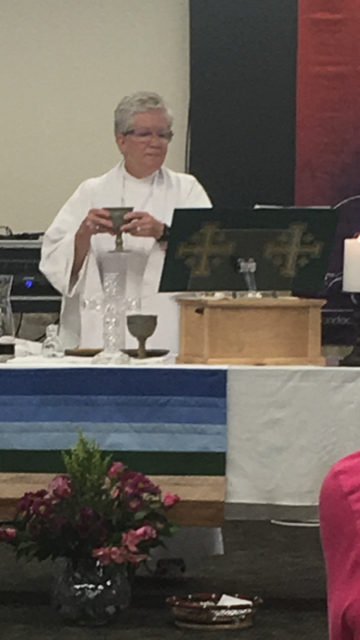
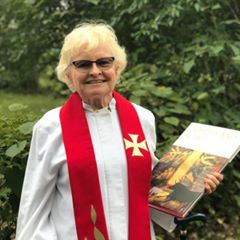
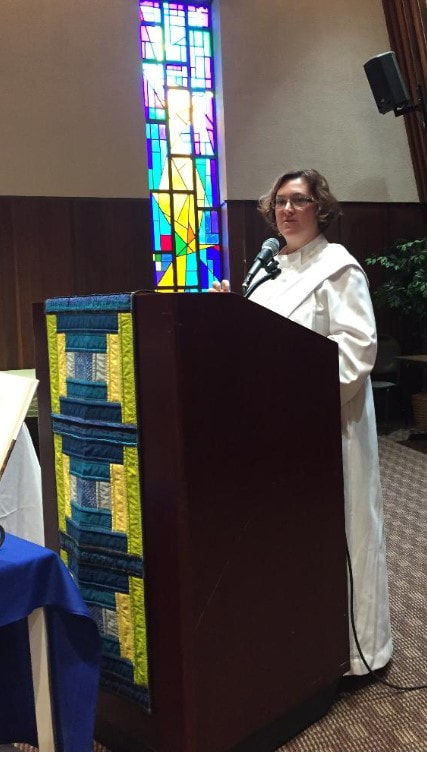
 RSS Feed
RSS Feed
